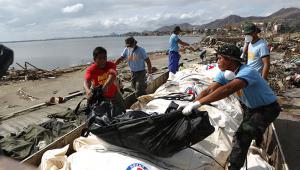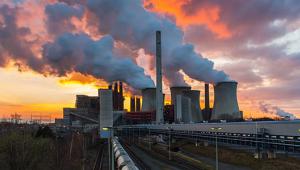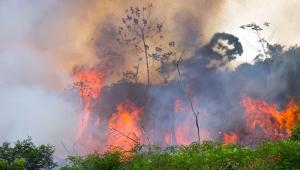Health-related costs resulting from climate change are expected to hit between $2bn and $4bn a year by 2030, but not enough international finance goes to small island states.
During the United Nations’ climate conference in Bonn on 12 November, an initiative was launched to protect people living in small Island developing states from the impacts of climate change. It is a collaboration between WHO and the UN Climate Change secretariat, in partnership with the Fijian Presidency.
Joy St John, WHO assistant director-general for climate, said: "Small island developing states are ready to take leadership towards green, resilient and health-promoting national development – but the support of the international community is essential.
“Less than 1.5% of international finance for climate change adaptation is allocated to projects which ensure that the health of all people is preserved, and only a fraction of this supports small island developing states. The recent severe weather events in the Caribbean demonstrate that targeted interventions are important. We need to do much more and we need to act very quickly."
The initiative includes four main goals: to vocalise the voices of small island developing state leaders; to gather evidence to support business case for investment in climate change and health; to promote policies that improve preparedness and prevention; and to triple the levels of international financial support.
Frank Bainimarama, Fijian prime minister and president of the conference, said: "We in Fiji know all too well that climate change poses a serious threat to the health of our people. I'm delighted that we are launching this initiative – in partnership with the WHO and UNFCCC – to better equip small island states like ours with the knowledge, resources and technology to increase the resilience of their health systems, as part of larger efforts to adapt to climate change.”
The Asian Development Bank has also said it would double its climate financing to the Pacific between 2017 and 2020. The bank and Vanuatu struck a $15.1m agreement for renewable energy, which would improve the livelihoods of rural households and decrease long-term reliance on diesel fuel.







